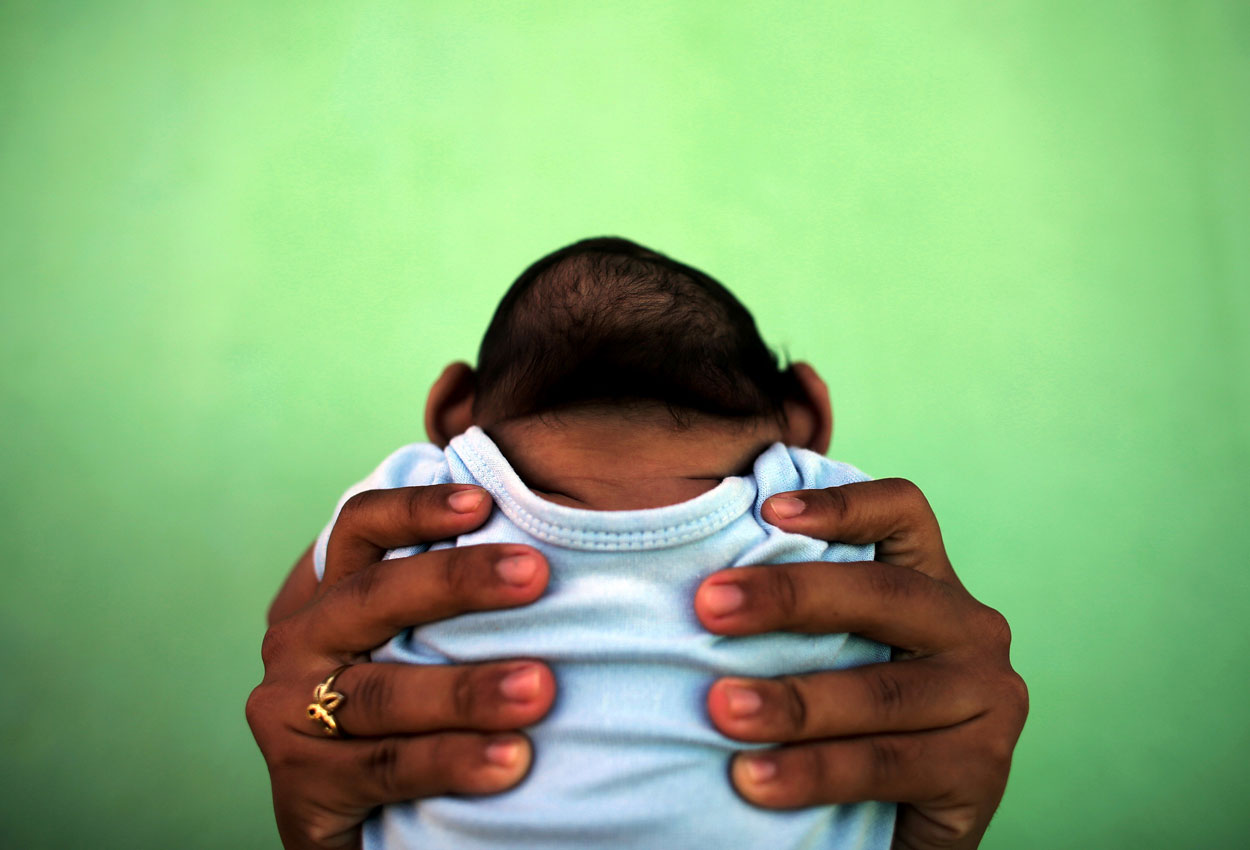“A panel of at least two doctors will provide close consultation to parents in discussing the option of pregnancy termination in microcephaly cases,” Dr Tawee Chotpitayasunond, a specialist at the Queen Sirikit National Institute of Child Health, a unit of the Medical Services Department, said yesterday.
Under Thai law, pregnancies may be terminated on reasonable grounds such as a serious disease when the foetus is not over 24 weeks old. Late last week, Thailand confirmed its first two cases of microcephaly, a birth defect marked by small head size that has been linked to Zika.
The Zika virus is not dangerous to people in general.
“Not all babies born to Zika-infected women get microcephaly. The odds are 1-30 per cent,” said Tawee, who was speaking as the chairman of a meeting on the guidelines for caring for expectant women who are suspected of carrying the Zika virus.
The meeting brought together medical specialists from various hospitals as well as Professor Pisek Lumpikanon, president of the Royal Thai College of Obstetricians and Gynaecologists.
Pisek said the guidelines were prepared and released to address Zika risks.
For example, if pregnant women suffer Zika-related symptoms such as a skin rash, muscle and joint pain or eye inflammation, they must immediately undergo urine and blood tests.
“If the tests show they caught the Zika virus, no matter how advanced their pregnancy is, they must undergo an ultrasound check immediately too,” he said.
In normal cases, women will undergo an ultrasound examination when their pregnancy is 18-20 weeks old.
“Monthly checks are also necessary. If the head size of the foetus inside their womb is smaller than standard, they must be referred to medical specialists,” he said.
Pregnant women without any Zika-related symptoms should undergo ultrasound checks twice – 18-20 weeks into their pregnancy and 28-30 weeks.
“If microcephaly is detected, parents and doctors will have close consultations about how to proceed in the best interests of both the mother and baby,” he said.
Tawee said that if microcephaly were detected when a pregnancy had already progressed more than 24 weeks, any decision made would be on a case-by-case basis.
Pisek urged pregnant women to see doctors if they develop a rash.
“Use a condom if they engage in sex. Apply mosquito-repellent cream that is safe for pregnant women,” he said.
Mosquitoes are Zika vectors. Zika can also be spread via sexual activities.
Tawee said Thailand was the first Asian country to develop Zika guidelines for future mothers.

























